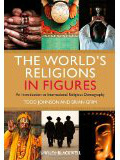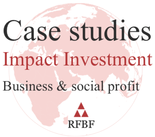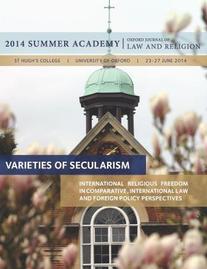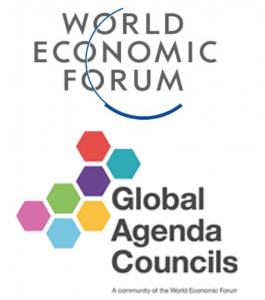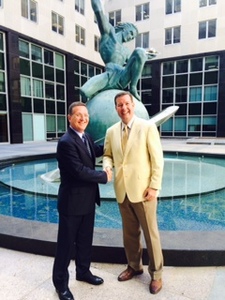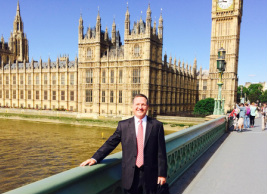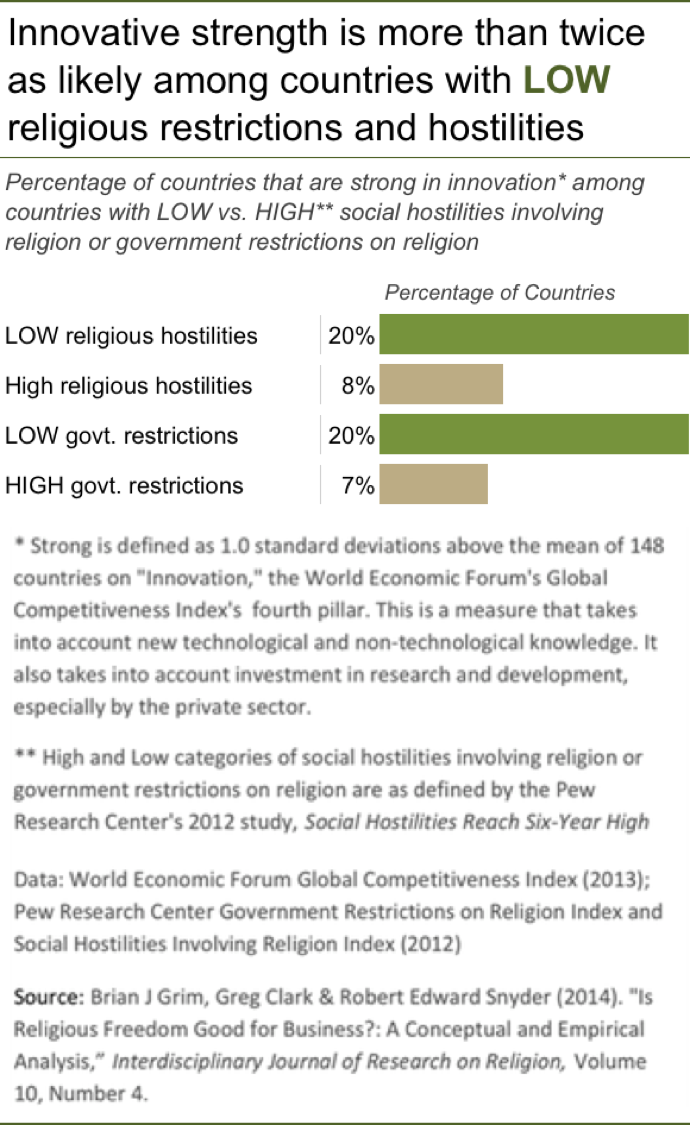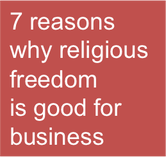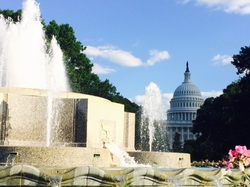
I would like to talk about 5 initiatives that the Foundation is working on. The first relates to Impact Investment, which is investing in sustainable businesses that have a positive social impact in ways that lower religious tensions and increase interfaith understanding. As part of this initiative, the Foundation will develop a global impact database based on the technology of the World Religion Databasebased at Boston University. The “Global Impact Investment Database” will link entrepreneurs and innovators with sustainable business opportunities in areas of social need around the world. The database will be state-of-the-art and built on the technology of the World Religion Database. The database will foster such enterprises as the waste-to-wealth project for Dalits, being developed with university, aid and development partners from Finland. Brazilian business partners are working with the Foundation to develop the web interface, include mechanisms for paid businesses memberships, which we believe will make the project self-sustaining and revenue-generating.
The second is the Business, Faith & Freedom Global Forum starting at the World Expo in Milan in 2015. “Feeding the Planet, Energy for Life” – presents a perfect platform for companies in food-related industries to showcase how religion and religious freedom makes their businesses more successful, innovative and responsive to the needs of people. The Global Forum will showcase sustainable enterprises that help ethnic & religious minorities better integrate and contribute to the societies in which they live.
Third, the Foundation will present the Religious Freedom & Business Global Awards in the host city of each summer and winter Olympics, beginning in Rio, 2016. The Global Awards recognize the best advances and innovations by businesses in improving respect for religious freedom. For-profit businesses from any country eligible to be nominated. Award winners will direct the Award prize money to a religious freedom organization of their choice from a list of those helping to educate the global business community about how religious freedom is good for business and/or engaging the business community in joining forces with government and non-government organizations in promoting respect for freedom of religion or belief.
Fourth, the Foundation is involved in Research and Education projects. President Grim along with researchers at Georgetown University and Brigham young published the study: “Is Religious Freedom Good for Business?: A Conceptual and Empirical Analysis,” which is available on the website of the Interdisciplinary Journal of Research on Religion (IJRR). The study finds that Religious freedom is one of only three factors significantly associated with global economic growth. The study looked at GDP growth for 173 countries in 2011 and controlled for two-dozen different financial, social, and regulatory influences. The study, however, goes beyond simple correlations by empirically testing and finding the tandem effects of government restrictions on religion and social hostilities involving religion (as measured by the Pew Research Center) to be detrimental to economic growth while controlling for 23 other theoretical, economic, political, social, and demographic factors.
Finally, the Foundation has a number of Education projects in development. It is working with leading business schools and educational institutions to develop an internet-based certificate course on how business, freedom and religion interact. Components of the future course include two tracks – one for corporate executives and representatives, and another for undergraduate and graduate students. There will be multi-media modules covering facts on topics ranging from religious freedom and its relation to socio-economic outcomes to case studiesof core business enterprises that promote interfaith understanding and peace.
Additionally the Foundation is working with leading interfaith groups, business schools and educational institutions to develop a “Self-Reliance Curriculum.” Obtaining self-reliance life skills is a pressing need among many vulnerable communities who are susceptible to radicalization, such as Muslims in the UK. The project will make available to interfaith training teams a curriculum of self-reliance that could be taught to members of vulnerable communities by interfaith teams beginning in the UK and then taken globally.
The Foundation is the first organization dedicated to educating businesses about why religious freedom will enable them to be more productive and successful, and how they can effectively incorporate religious freedom in their strategic business plans for the benefit of their stakeholders, their employees and society.

